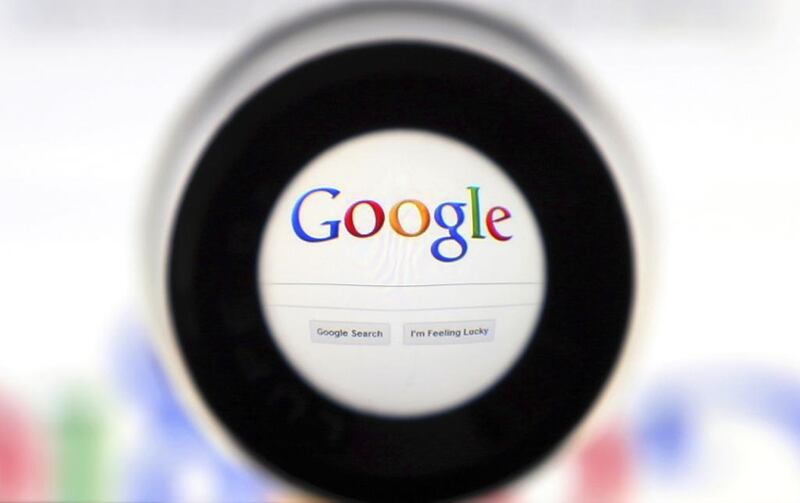Do you ever have the feeling that Google knows everything about you? That it is not only omnipresent but omniscient, and that we have all played a part in creating its many-tentacled presence in our lives? That’s the premise of Dave Eggers’ book The Circle, which is not a great novel, but is nonetheless a chilling exploration of “wired life” that seems less and less like “the future” and more like “the now.”
Anyone with a computer and an internet connection has experienced that uncanny moment when an ad pops up that refers to the brand of shoes you just looked at, the hotel website you glanced at, or a book you just bought.
It’s a bit unsettling, this algorithmic espionage that we all tacitly condone as we surf the web or click “like” on Facebook; we leave trails of digital breadcrumbs behind us and then profess surprise when the jackdaws of commerce (or worse) swoop down.
I no longer click “like” and I never look at those generated lists of “you might like”: it’s a futile battle, I realise, but my refusal offers me the illusion of independence from the faceless digital overlords.
Given my technophobic tendencies, it surprises me that I’ve been feeling kindly towards Google recently, even as yet another Google tentacle insinuates itself into my life.
In the process of researching the best way to manage our unruly collections of family photos, my husband put a few photos in Google Photos, and presto! Google miraculously found thousands more, from some long-ago online photo-sharing site that we used once and promptly forgot about. Not only did Google find these photos and re-home them, my husband has also taught Google to recognise people’s faces so that we can try to organise all the other photos we have, floating in the ether of about 10 different electronic devices.
Looking at these photos, including an entire cache of photos that were scanned from old slides and Polaroids, brought our extended family history to (digital) life. We are embarked upon a family-size version of the “Lest We Forget” photography project, which has so wonderfully chronicled an intimate history of Abu Dhabi.
Sometimes I wonder how people ever remembered anything, pre-photograph: the brain, as the Russian composer Shostakovich once said, is a fragile vessel, to which I would add that it’s also a vessel that becomes increasingly porous as life goes on. If my memory were once a deep bowl, it’s now a bit more like a sieve. Google might be able to help me plug a few of those holes and may also serve as a aide-de-memoire for my elderly relatives, when we share these photos with them, so that they can tell their stories to our children.
The generation of 21st-century children, “digital natives,” as I’ve heard them called, may never know what it’s like to have memories that aren’t electronically preserved. What that will do to long-term brain development, or to this generation’s sense of history (which is, of course, all the stuff that happened before the internet) is anyone’s guess. Already those of us who live in the world of easy Wi-Fi get nervous about uncertainty. It is difficult to entertain uncertainty when certainty, or at least some sort of answer, is now just a Google search away.
Does the instant satisfaction of an answer, and the unwillingness (or, perhaps, the inability) to live in uncertainty mean that we’re losing the space between “I don’t know” and “I wonder”?
And isn’t that space precisely the space where creativity, connection, and innovation happen? After all, if Google always knows, then none of us really need to know or imagine anything – unless we want to work at Google.
Is the loss of digital privacy worth the price of being reunited, digitally, with images of long-deceased relatives and being able to share those pictures and those stories with my children? I’m not sure.
Perhaps I should ask Google.
Deborah Lindsay Williams (mannahattamamma.com) is a professor of literature at NYU Abu Dhabi





